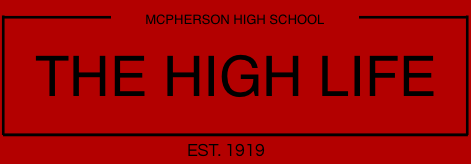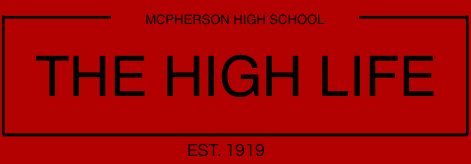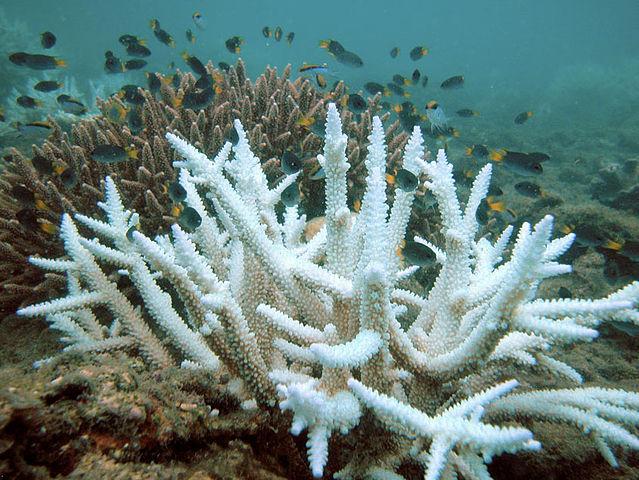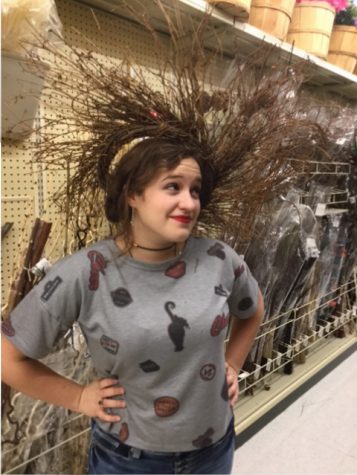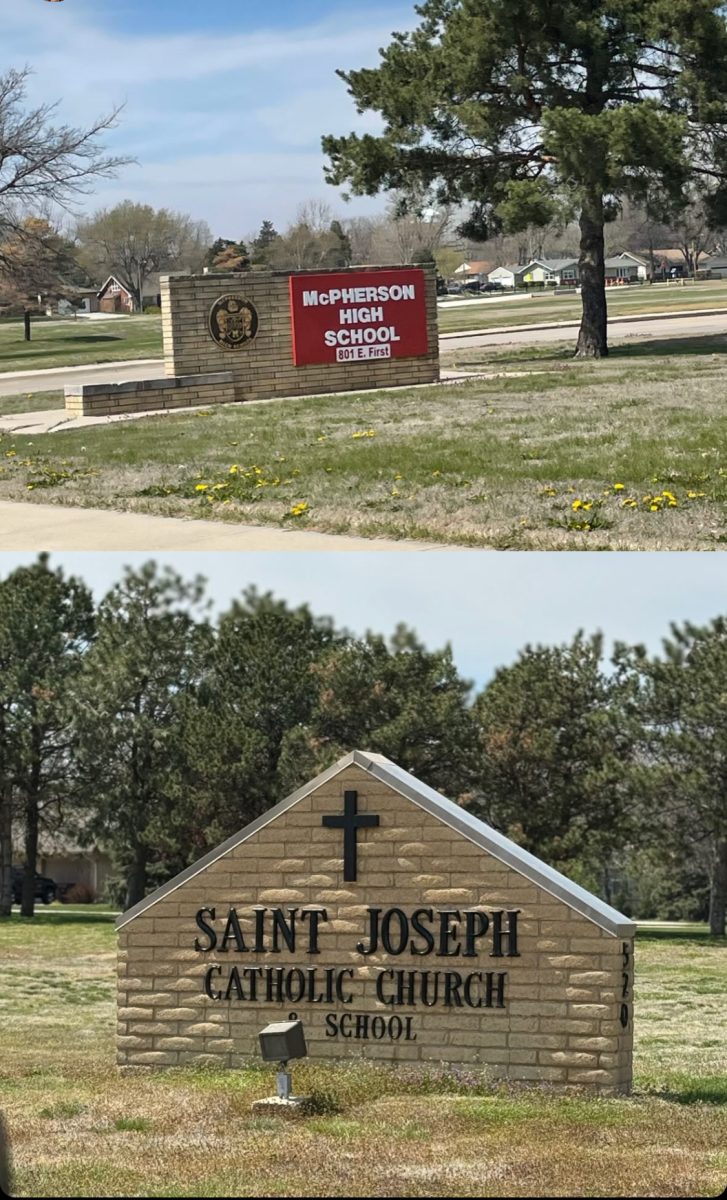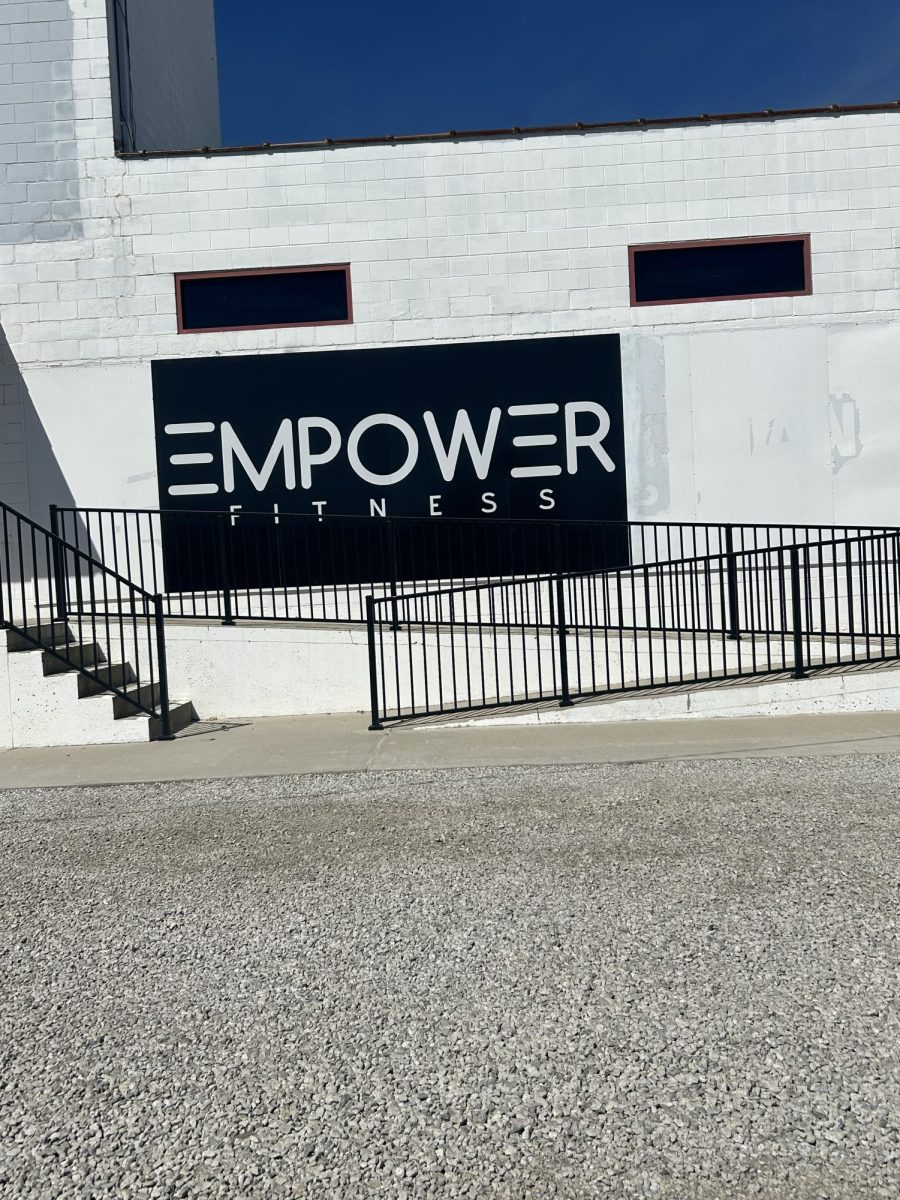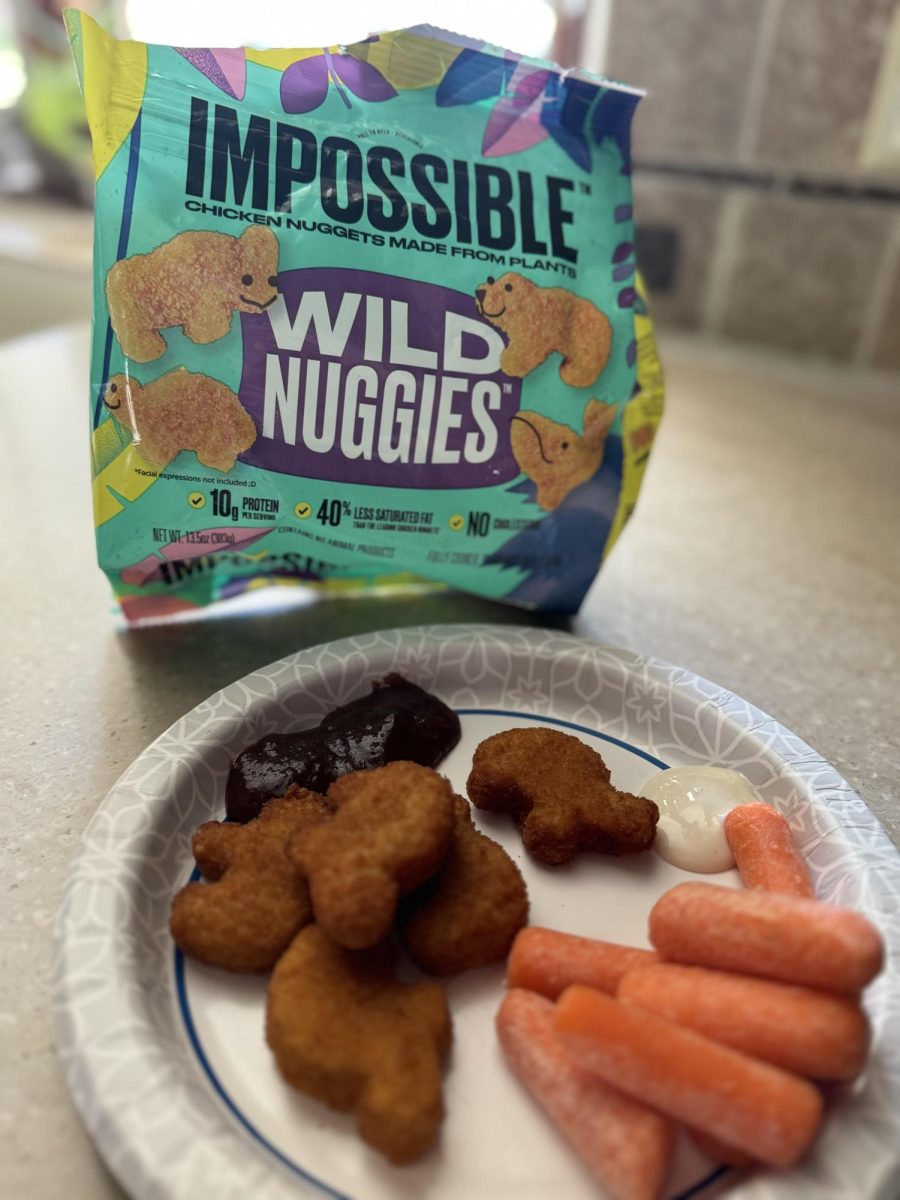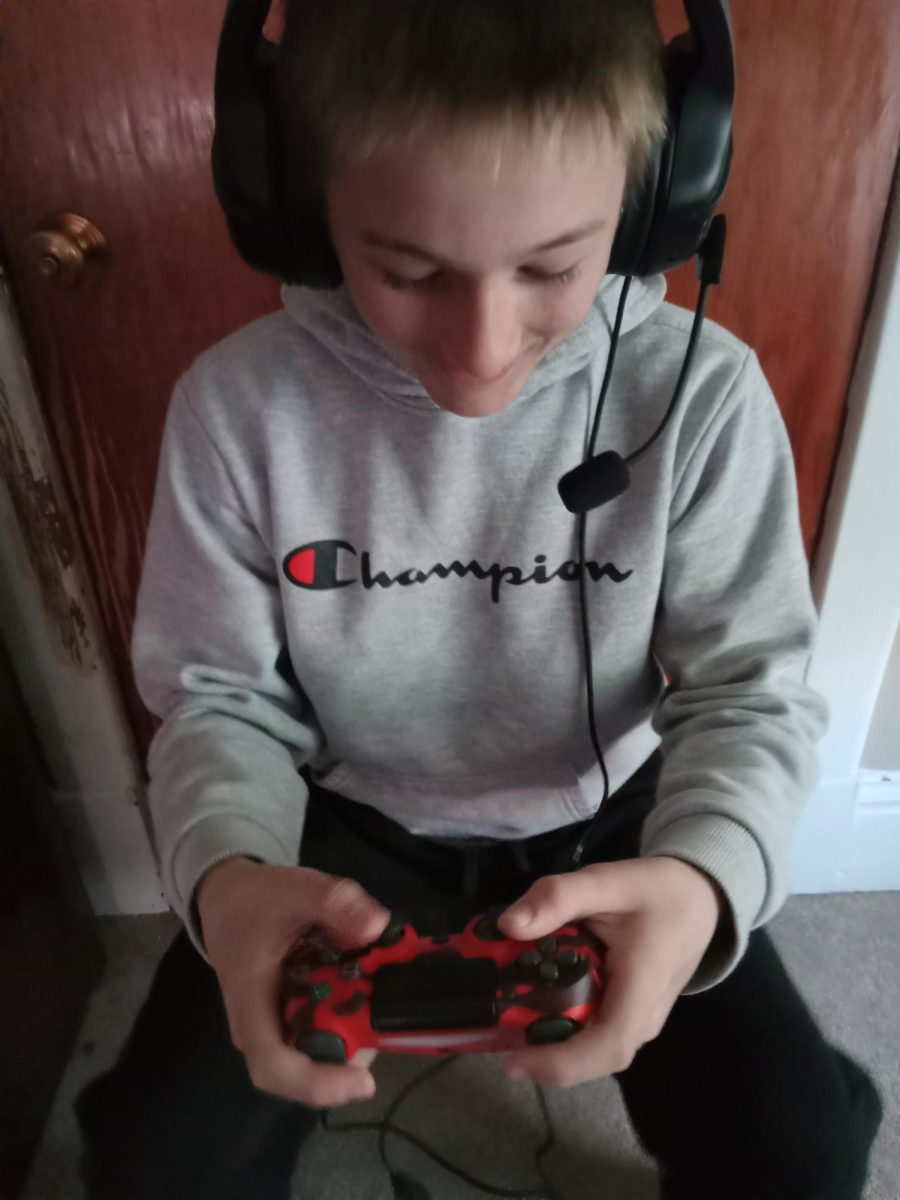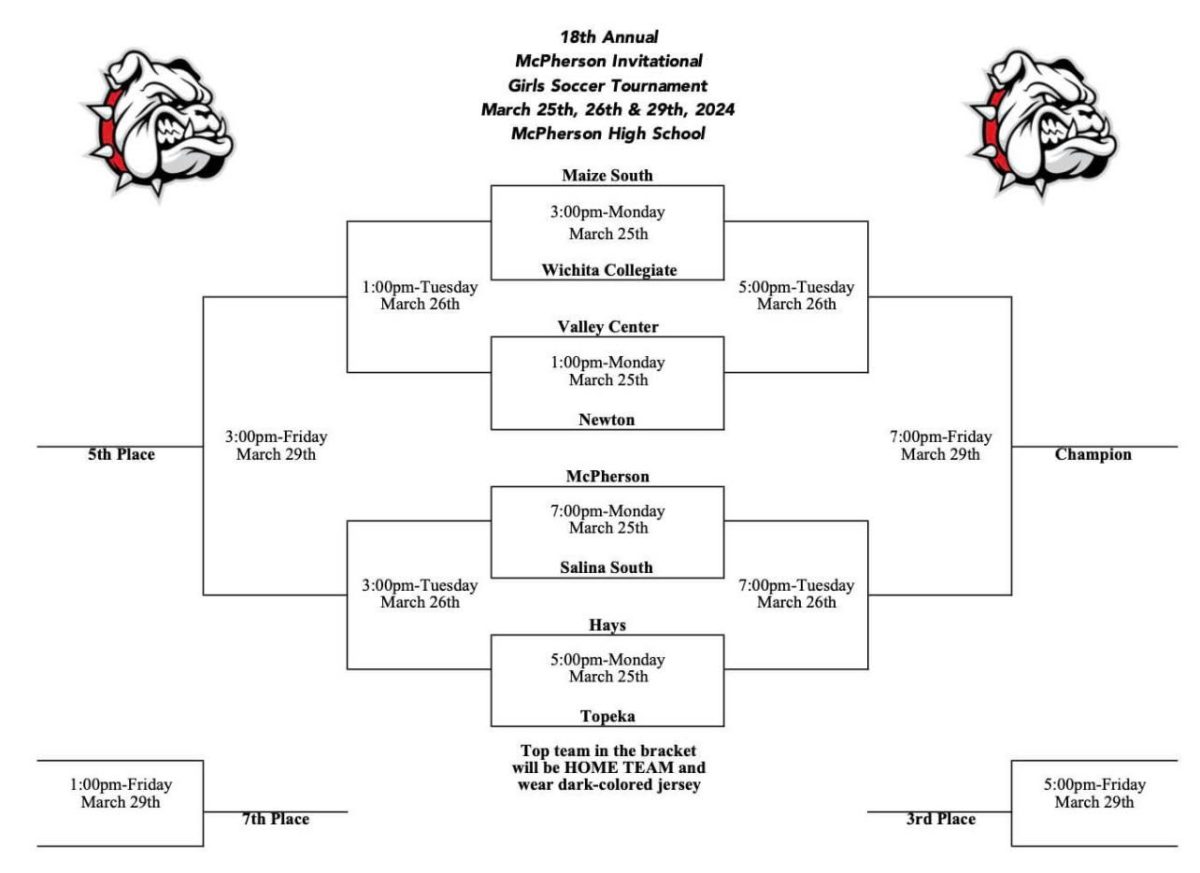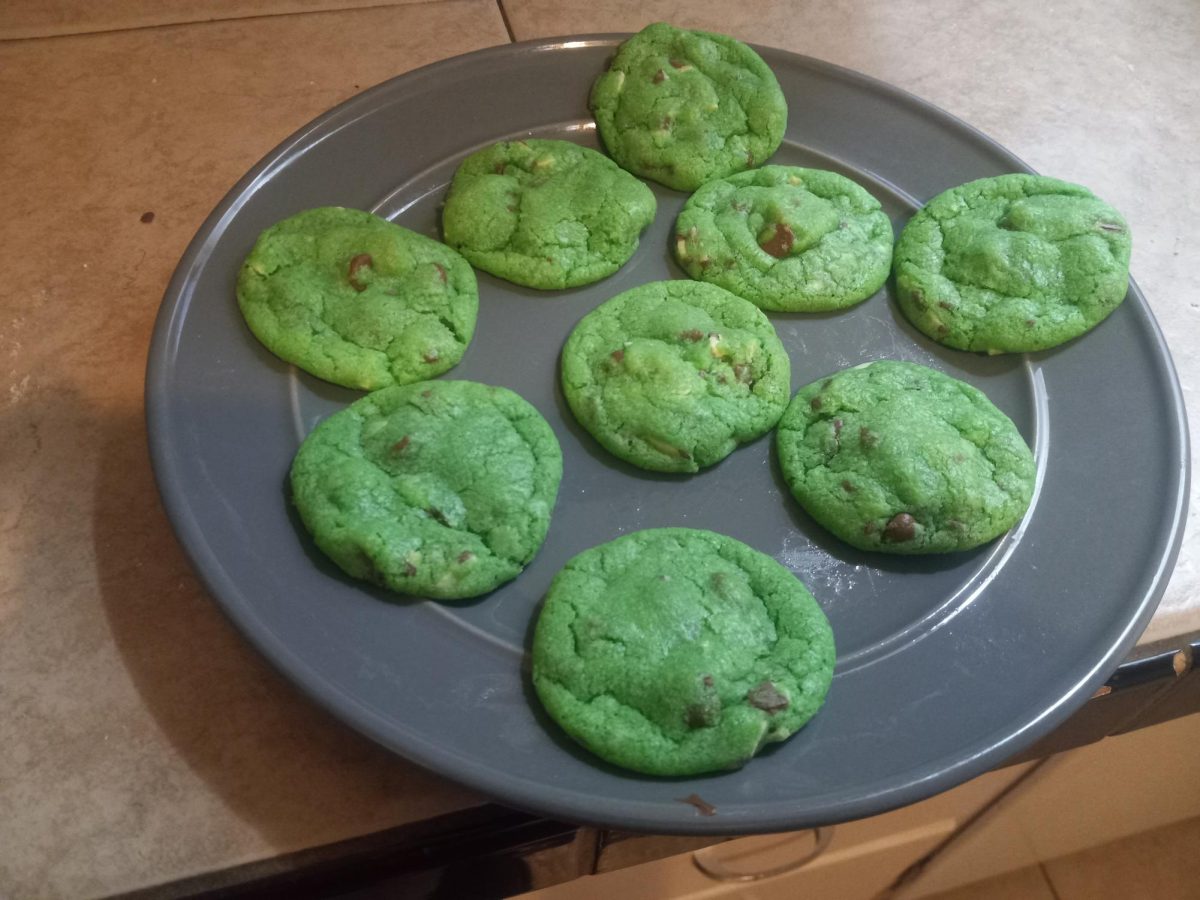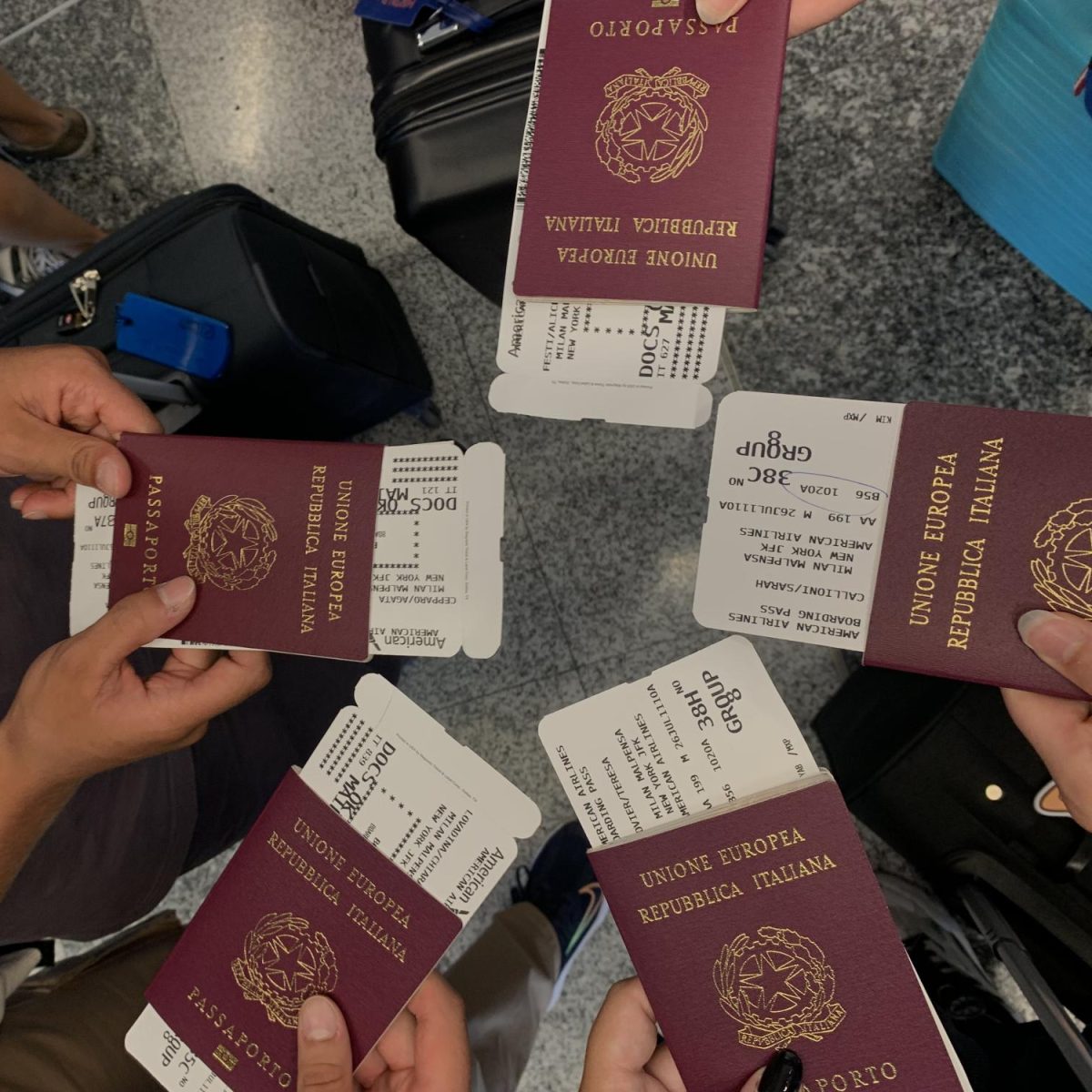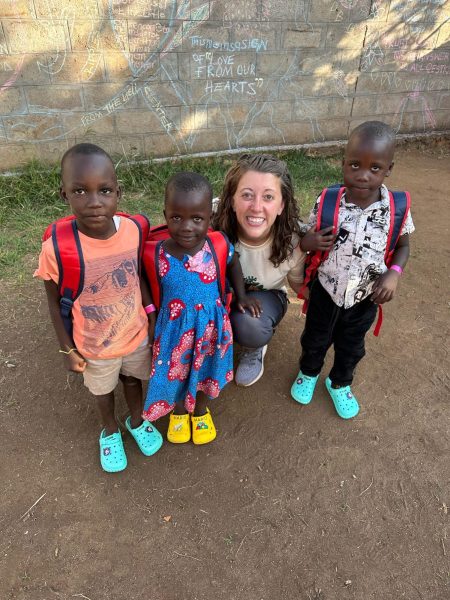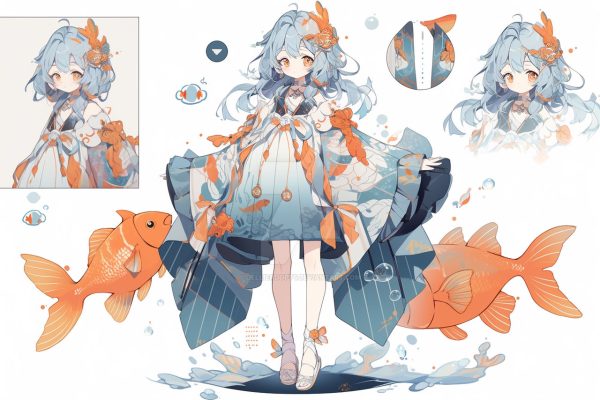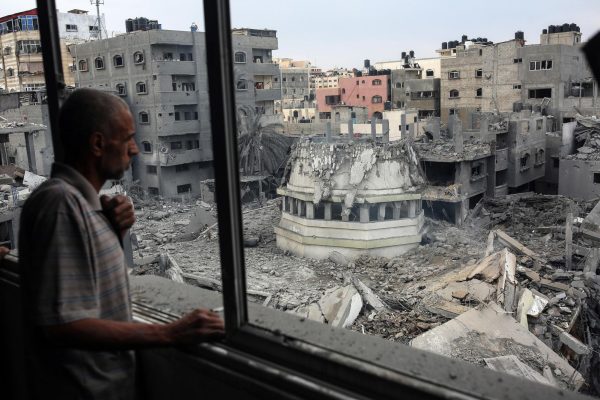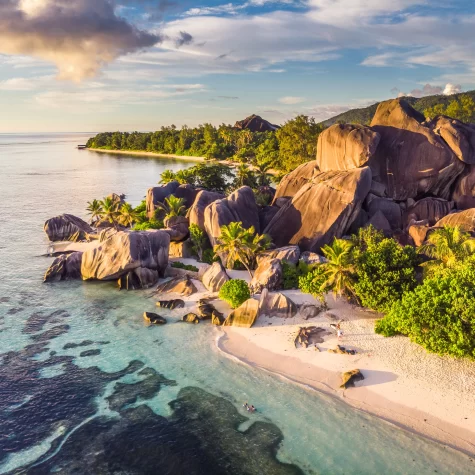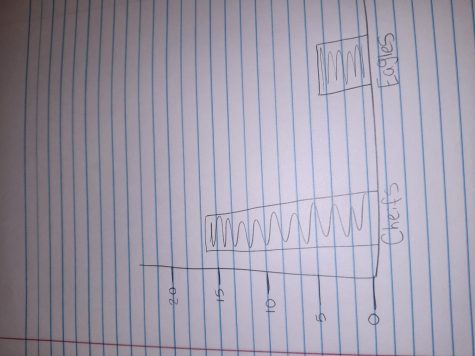The Great Barrier Reef and What it Means
Acropora
Coral bleaching happens when coral becomes too stressed and releases the essential algae living on it, turning it white and making it weak.
November 13, 2016
Panic and remorse swept through the population in October when the Great Barrier Reef was ‘officially’ declared deceased. Trending on social media platforms, this inaccurate information spread like wildfire. However, soon after marine biologist came forward to debunk this statement. Although the coral reef is indeed dying, and in many places is bleached beyond recovery, it is still hanging on. Maybe by a thread, but that still gives us a sliver of a chance.
The Great Barrier Reef is located right off the Queensland Coast in Australia, and because of rising ocean acidity and rising temperature, the coral that resides there is threatened like never before. Ninety-three percent of the coral is bleaching, while nearly 50 percent of the bleached coral has died. As with most species affected by the higher temperatures, the problem wouldn’t be so severe if it was happening at a sustainable rate. However, pollution caused by human activity has sped up the global warming process and left creatures struggling to adapt so quickly- a feat that’s hardy possible as our waste increases with our population.
The coral population won’t be the only thing dwindling. Many coast-lines depend on reefs for jobs, storm protection, and food. It’s not just the fish population and biodiversity we’ll be harming. We are affecting ourselves too. Maybe not on a global extinction scale quite yet, but I’m sure we’ll get there without some effort.
There is hope regarding the world’s population stabilization and the carbon footprint we’re leaving, but will the changes work in time? Will there be any threatened species left alive for us to save from our own destructive nature? The Great Barrier Reef is just the beginning, but there’s still a little time to reverse our curse.
Everything we do affects our home. Whether we impact it in a negative or positive way is up to us. We’ve done a lot of damage, but we should use this reef scare as a wake up call and not sweep it under the rug. It’s time now, not later and not when it’s far too late. The best way to save our world is to prevent the damage in the first place.

